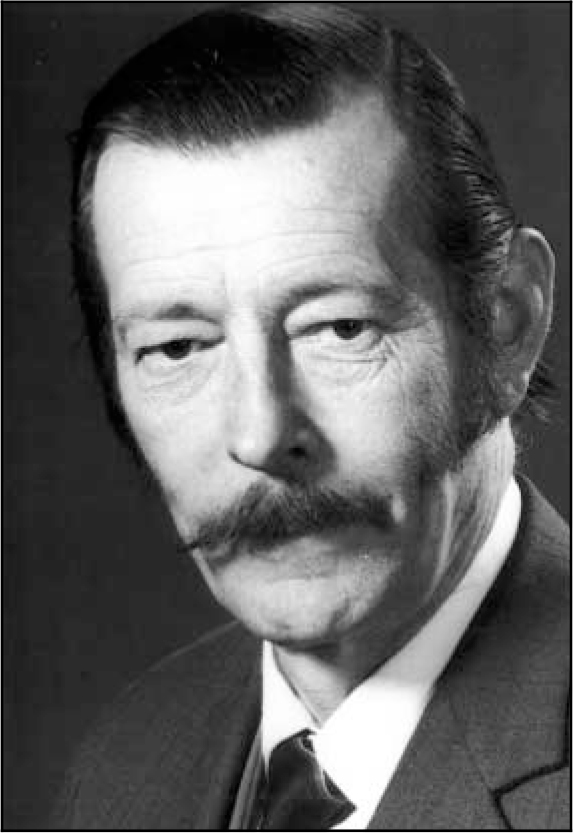
Alec Fullerton was born and raised in Ballymena, County Antrim, one of five children all destined for the medical profession. He attended Ballymena Academy, where his father was headmaster. With both parents teachers, he was expected to excel and he duly obliged. In emerging from school, at the age of 17, he enrolled as a medical student at Queen's University, Belfast. Five months later, being now 18, he volunteered for the Royal Navy. There was no conscription in Northern Ireland, but Alec felt his duty very strongly. After initial Naval training, he was sent on a rigorous course at King Alfred Officer Training Centre in Hove and he was commissioned as a sub-lieutenant, choosing to serve in minesweepers for the rest of the war.
When he was released in December 1946, he returned to Queen's where he took an active part in university life, being a rowing cox and an enthusiastic rugby player. After qualifying, he embarked on the usual junior posts but in 1953, on the advice of his elder brother, who was in general practice in Dorset, he moved to England.
Alec had decided to specialise in psychiatry and was offered a post at Herrison Hospital, Dorchester, where he received excellent progressive training. He flourished here and quickly gained his DPM. While at Herrison he was extremely active, taking part in various drug trials and travelling, on occasions, to Europe to attend relevant symposia, where he had the opportunity to listen to and learn from many eminent psychiatrists.
He was now becoming restless and his ambition and desire to widen his activities caused him to look further afield. In 1963, at the age of 37, he was appointed consultant and Medical Director of Barnsley Hall Hospital, Bromsgrove, where he set about modernising the out-of-date practices which he found. He met some opposition, but with humour and perseverance he managed to overcome this and he worked tirelessly within the hospital and local community to make Barnsley Hall a successful modern hospital. Being now in close proximity to Birmingham, an important centre of psychiatric services, he had the opportunity to widen his experience. He joined the Birmingham Psychiatric Society and later served a term as President. In 1971 he gained his MRCPsych and in 1979 he was elected to the Fellowship.
Alec had always been interested in forensic psychiatry and sought to develop this interest to a greater degree. He published several articles on the subject and became recognised and respected as an expert witness in court.
He served as a member of the Parole Board and sat as a medical member on Mental Health Review Tribunals, which he continued after his retirement. One of his last acts at Barnsley Hall, was to set up one of the early medium secure units (Clent Unit), a feat not without opposition and difficulties. He was highly thought of by his colleagues, both in the hospital and in the wider area, and was widely liked and admired by his patients.
After his retirement in 1984, he was appointed Lord Chancellor's Medical Visitor for the Southern region. This kept him very busy; it entailed frequent travelling widely from Cornwall to London, and the work he enjoyed immensely. He held this and the Tribunal appointment until the obligatory retirement age of 70.
Alec was a man of great wit and humour. He was extremely well read, with an interest in many subjects and a deep knowledge of British and Irish history.
He died, aged 76, on 26 April 2002, leaving a wife, Kathleen, a daughter and two sons.



eLetters
No eLetters have been published for this article.